Top rated
Top rated
- best buy
Digital first month £5, then £8.99 per month, cancel at any time.
By clicking a retailer link you consent to third-party cookies that track your onward journey. This enables W? to receive an affiliate commission if you make a purchase, which supports our mission to be the UK's consumer champion.
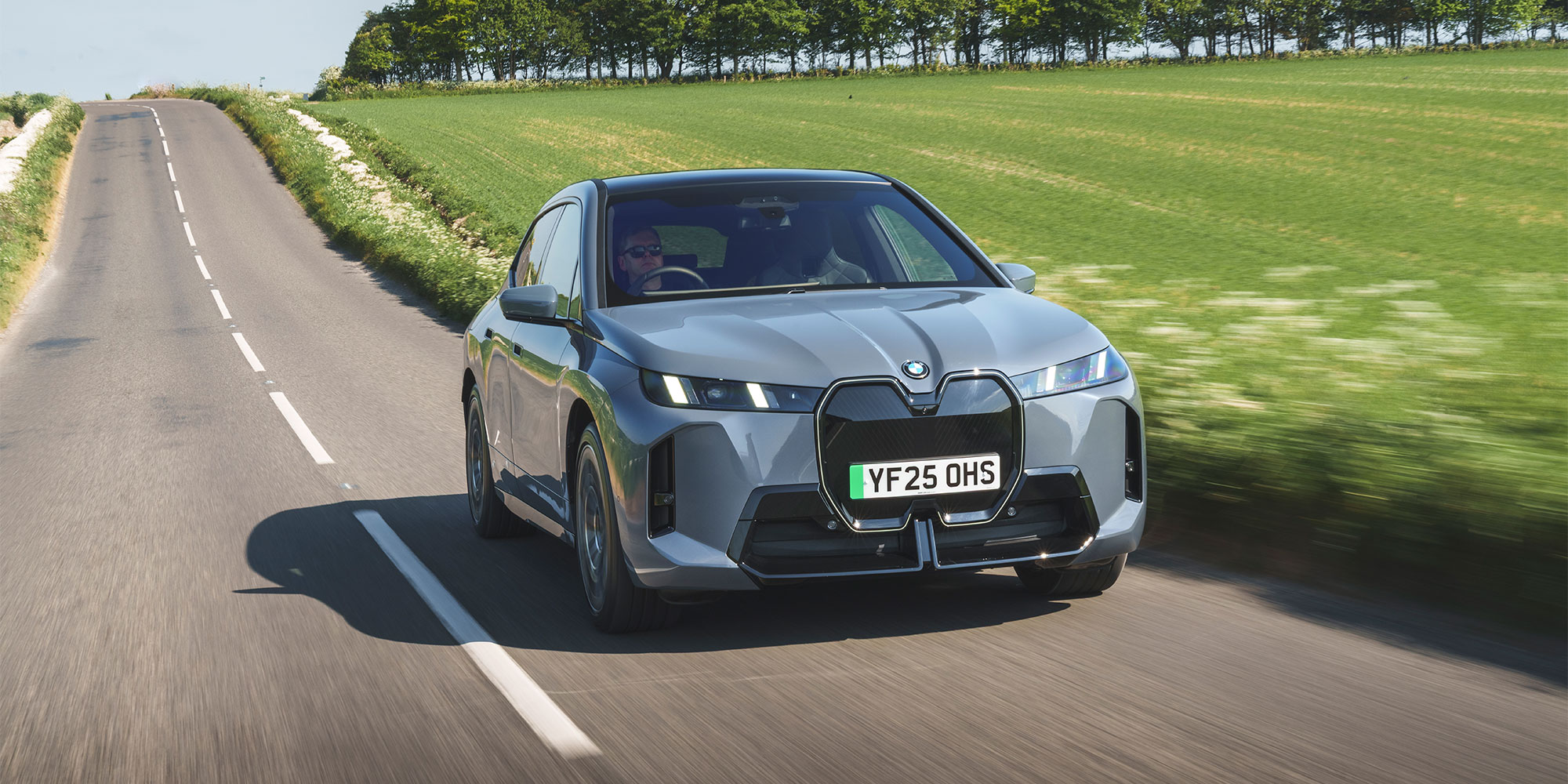
Large SUVs and 4x4s are very popular in the UK. While their bulky designs and high bonnets aren't ideal for urban environments, they're often seen in both cities and out in the countryside and there's a model for practically every taste.
However, you need to choose carefully. Is is a car class where fuel economy can often go by the wayside, leading to high running costs. Not only that, while the cars themselves are often safe in the event of a crash, poor handling characteristics can make them tricky to control during evasive manoeuvres. Our tests cover all this, and more.
If you're interested in a specific model, head straight to our large SUV reviews
How our tests find the best large SUVs
Fuel economy
Plenty of models struggle to meet their official fuel economy (mpg). We run our own, independent fuel consumption tests under lab conditions.
Stability
Our hazard-avoidance test determines how stable and controllable a car remains when avoiding an obstacle at speed.
Braking
We conduct repeated emergency stop tests from 62mph (100kmph) and record the average distance covered over 10 attempts.
We also look at
Reliability based on our annual survey (unreliable cars can’t be Best Buys), comfort, practicality and more.
Below, our experts reveal the very best SUVs and 4x4s available, all of which have excelled in our rigorous lab and road tests.
Log in now to see which large SUVs and 4x4s we recommend and get access to all of our independent, expert car reviews. If you're not already a member, join Which? to unlock our Best Buys and Don't Buys.
Digital first month £5, then £8.99 per month, cancel at any time.
Digital first month £5, then £8.99 per month, cancel at any time.
Digital first month £5, then £8.99 per month, cancel at any time.
Kia Sportage vs Hyundai Tucson: see how these popular family SUVs fared in our lab tests
Below, we’ve rounded up some models that you should avoid.
Digital first month £5, then £8.99 per month, cancel at any time.
Digital first month £5, then £8.99 per month, cancel at any time.
Want to find out how the newest large SUVs and 4x4s have fared in our tests? Read our latest and most-recently updated reviews.
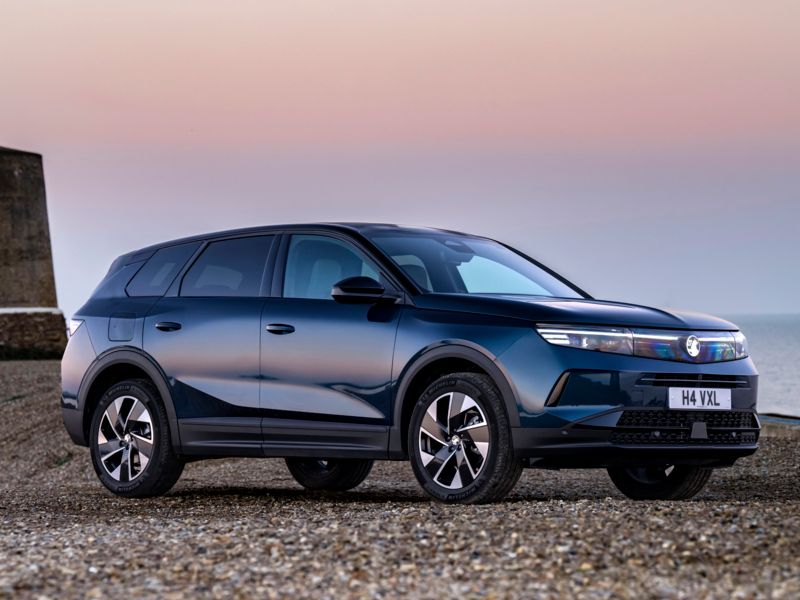
Grandland Hybrid (2024-)
Digital first month £5, then £8.99 per month, cancel at any time.
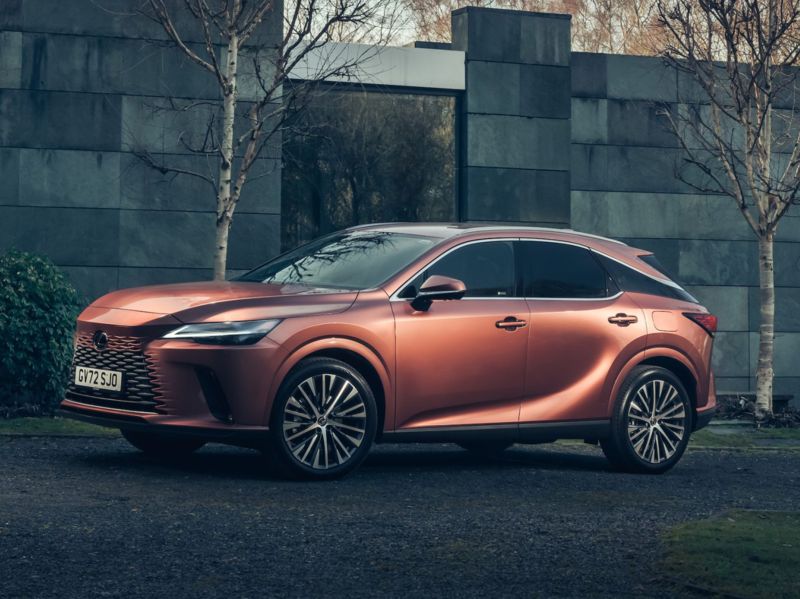
RX Plug-in Hybrid (2023-)
Digital first month £5, then £8.99 per month, cancel at any time.
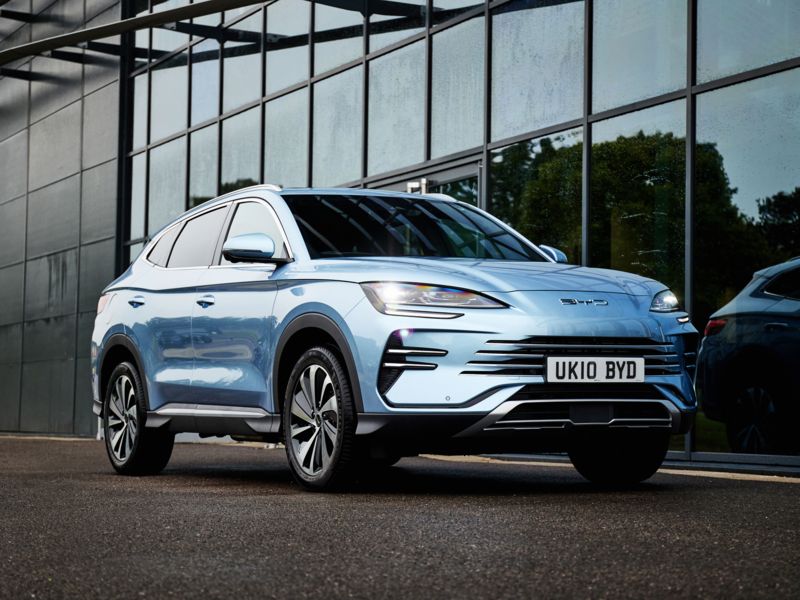
Seal U DM-i (2024-)
Digital first month £5, then £8.99 per month, cancel at any time.
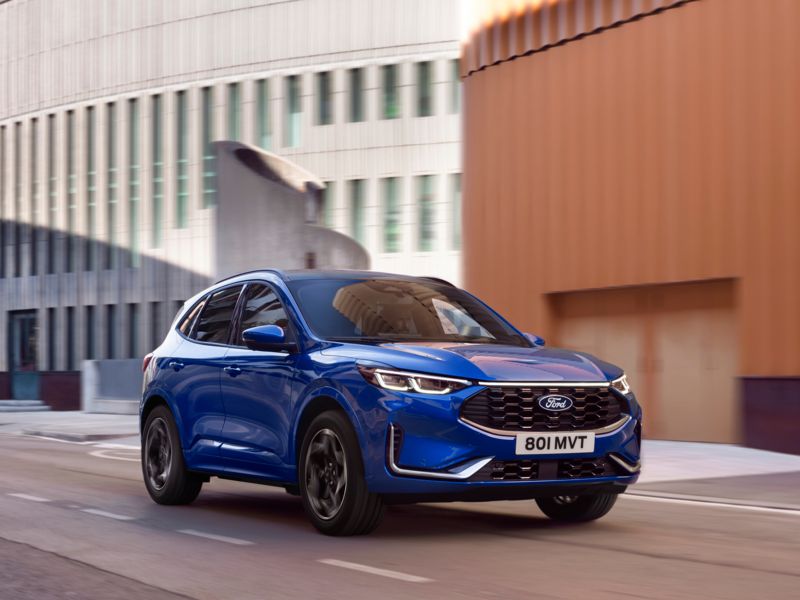
Kuga Plug-in Hybrid (2020-)
Digital first month £5, then £8.99 per month, cancel at any time.
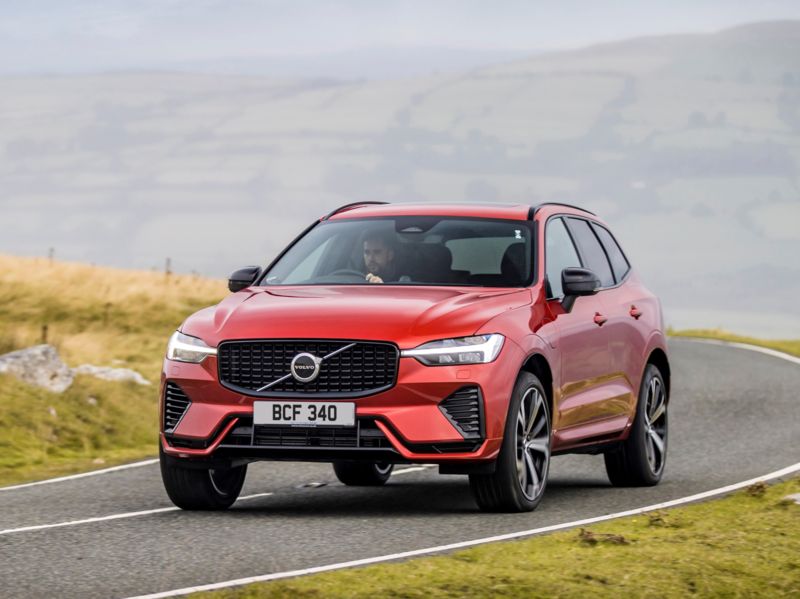
XC60 Plug-in Hybrid (2017-)
Digital first month £5, then £8.99 per month, cancel at any time.
The largest SUVs were originally beasts of burden; designed to tackle the toughest terrain with specialised hardware such as permanent four-wheel drive and low-range transmissions.
As the popularity of large SUVs has grown, the class has expanded to encompass everything from sports models to luxury cruisers.
What’s best for you will depend on your specific requirements. A large off-roader with four-wheel drive and high ground clearance is recommended if you need to cross muddy fields or regularly travel across difficult terrain (particularly in adverse weather).
However, if your driving life largely consists of commuting or the school run, and you simply want the better visibility afforded by a high driving position or the practicality of seven seats, a model with a smaller engine and two-wheel-drive will almost certainly suffice.
Large SUVs can be tricky to drive in town and are typically more dangerous in collisions with pedestrians and other cars; the high driving position often results in a lack of visibility at the front of the bonnet. Consider opting for a model with 360-degree cameras and front and rear parking sensors to make manoeuvring in town easier and potentially safer, and check Euro NCAP's pedestrian protection scores to see which cars have mitigated the downsides of a high bonnet.
From dealerships to classifieds, discover the best place to buy a car

Traditionally, most large SUVs sold in the UK have been diesel, as they offer more reasonable fuel economy over the big petrol engines needed to power these large cars.
Modern diesels are generally very refined and offer plenty of torque (pulling power), which is great for towing. They also typically offer the best fuel economy over long distances, and since the 'dieselgate' scandal of the mid 2010s they aren't nearly as dirty as they used to be.
However, manufacturers’ need to reduce the carbon emissions of the cars they sell has seen many turn to both full and plug-in hybrid technology (the latter being the preferred choice for the largest luxury models).
See our guide to the best hybrid SUVs you can buy today
In our tests, both self-charging full hybrids (which charge using energy recuperation, such as from the brakes, rather than needing to be plugged in) and plug-in hybrid SUVs often outperform comparable petrol or diesel models in stop-start city driving. This is where hybrid systems are at their most effective.
However, this advantage is often lost in higher-speed driving, such as on the motorway.
If you opt for a plug-in hybrid (PHEV), make sure you can charge it regularly, ideally at home. By not doing so, you risk being stung by expensive petrol/diesel and electricity bills. In our tests, we’ve seen a PHEV model’s fuel economy halve when the battery is empty. This is because its engine needs to work harder to keep the car moving, since PHEVs are typically heavier than conventional fossil fuel cars.
Our testing has also revealed that some large SUV PHEVs use a lot of electricity when running on batteries alone – a combination of relatively small electric motors and heavy overall vehicle weight.
Some manufacturers are also adding mild hybrid technology to their existing petrol and diesel engines. These have the smallest electric motor/battery configuration and can't be driven on electricity alone. However, they do offer claimed improvements in fuel economy and emissions with comparable combustion-only models. Generally speaking, though, they don't make a huge difference to fuel economy, especially on larger vehicles.
If you can charge your car regularly, you might want to skip straight to a full battery electric model. There are lots of great electric SUV options, with top-scoring models available across the price spectrum.
Keep in mind that while an electric SUV is going to be less polluting than a model with an internal combustion engine, they are still the least efficient form of EV and the electricity needed to power them isn't free from carbon emissions from power stations.
You’ll also need to choose carefully if you want to tow anything, as electric SUVs typically can't tow as much as an equivalent diesel or petrol model. See our guide to the best electric SUVs for more.
Decided that a large SUV is too big for your needs? We show you the best small SUVs we recommend in our guide
Every car we review is subjected to more than 300 individual tests in a lab, on a test track and on real roads.
Testing in controlled lab conditions means that the results we collect are directly comparable between different cars, helping us determine exactly which models are better and why, and helping you find the perfect car for your needs
And so you know which cars are likely to prove reliable for years to come, we also gather feedback from thousands of UK car owners through the annual Which? Car Survey, using it to generate detailed reliability ratings for the cars we test.
Read more about how we test cars.
Find the right policy for your vehicle using the service provided by Confused.com
Get a quote now